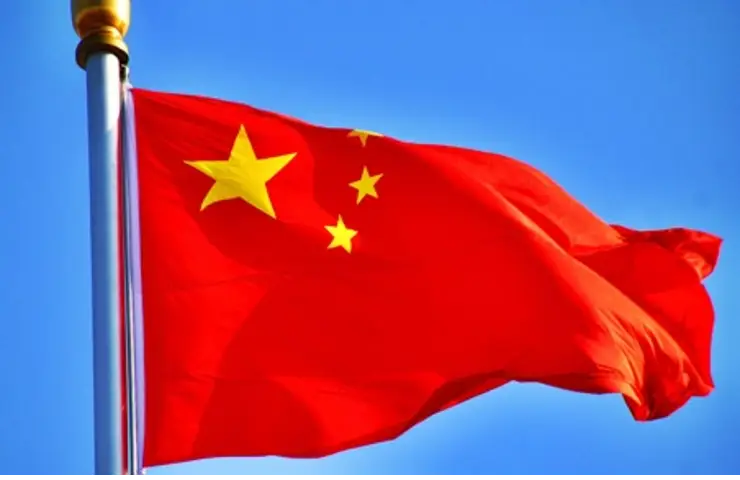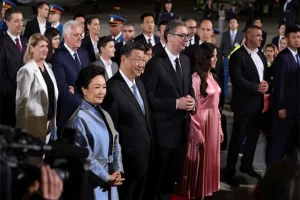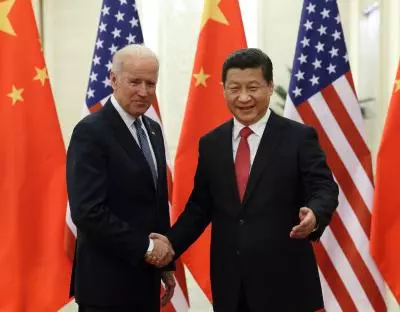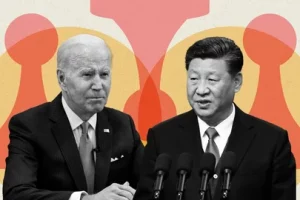China is in the news. And not for the right reason. At a time when China’s foreign direct investment is slowing, the ongoing crackdown on industry and business leaders in the country could further dampened sentiments.
Zhang Hongli, co-chairman of Hopu Investment Management, who earlier served as senior executive vice president of Industrial and Commercial Bank of China and currently, is the latest to come under the government’s scanner. He is now under investigation for alleged violations of discipline and laws, a one-line statement issued by the Central Commission for Discipline Inspection, China’s anti-graft body said on Saturday. Zhang is among many others, who have come under probe, as China embarked on a nation-wide anti-corruption programme.
Bill Bishop, author of a newsletter Sinocism, focusing on Chinese affairs noted that the reasons for the detention are unknown. However Bishop said that “it will likely have some people in the financial sector, private equity world and the political elite nervous.” Even if the officials are “guilty of some things” these detentions and the opacity around them are not going to improve investor confidence, at least in the near-term, Bishop said.
For the first time since 1998, the country’s direct investment liabilities, a critical indicator of FDI, went into red, touching a minus $11.8 billion in the third quarter of the financial year.
Before cracking down on bankers, Beijing’s gaze was fixed on taking down some of the private sector icons, in tune with Chinese President Xi Jinping instinct to tighten his grip in order to setup a more centralized leadership. Earlier, Beijing also warned top bank executives not to flaunt their wealth or even wear flashy clothes.
CNN said that while rising geopolitical tensions are partly to blame for the exodus, foreign companies and investors have also grown wary of increasing risks in China, including the possibility of raids and detentions.
Several multinational companies are aggressively charting out a China Plus strategy. India, Vietnam, Bangladesh and Malaysia are among the countries which have come up as credible investment alternatives.
“There is growing discomfort among businesses in relation to expanding investments in China and many top bosses believe that China is losing its sheen as the most preferred investment destination. India and several other countries are now on the radar,” a chief executive engaged with an American multinational told India Narrative.
While the global economy has lurched from one crisis to another in recent times, India has shed its lumbering gait and broken into a steady trot, CNN said in a separate article.
“The euphoria around India comes at a time when China, which has been the engine of global growth for decades, is seeing a major economic slowdown. Its southern neighbor is fast emerging as a potential successor. From a surging young population to humming factories, the country has a lot going in its favor,” the news organization said, though it added that the gap between the two Asian economies is massive and it requires more efforts from India to beat China.
The Japan External Trade Organisation (JETRO) in December, 2022 revealed that more than 72 per cent of the Japanese companies were keen to expand their operations in India. For China, the number was small at only 33.4 per cent.
Apple Inc’s top boss Tim Cook, who visited India earlier this year, said India is a focus market for the company.
“India is an incredibly exciting market. It’s a major focus for us,” he said, adding that the country is at a tipping point. Cook added that the vibrancy in India is unbelievable. During an earnings call, Cook, who mentioned India as many as 20 times, said that there are a lot of people coming into the middle class.
Also read: Can India become a key manufacturer for Apple’s iPhones as Tata group enters the fray?




















